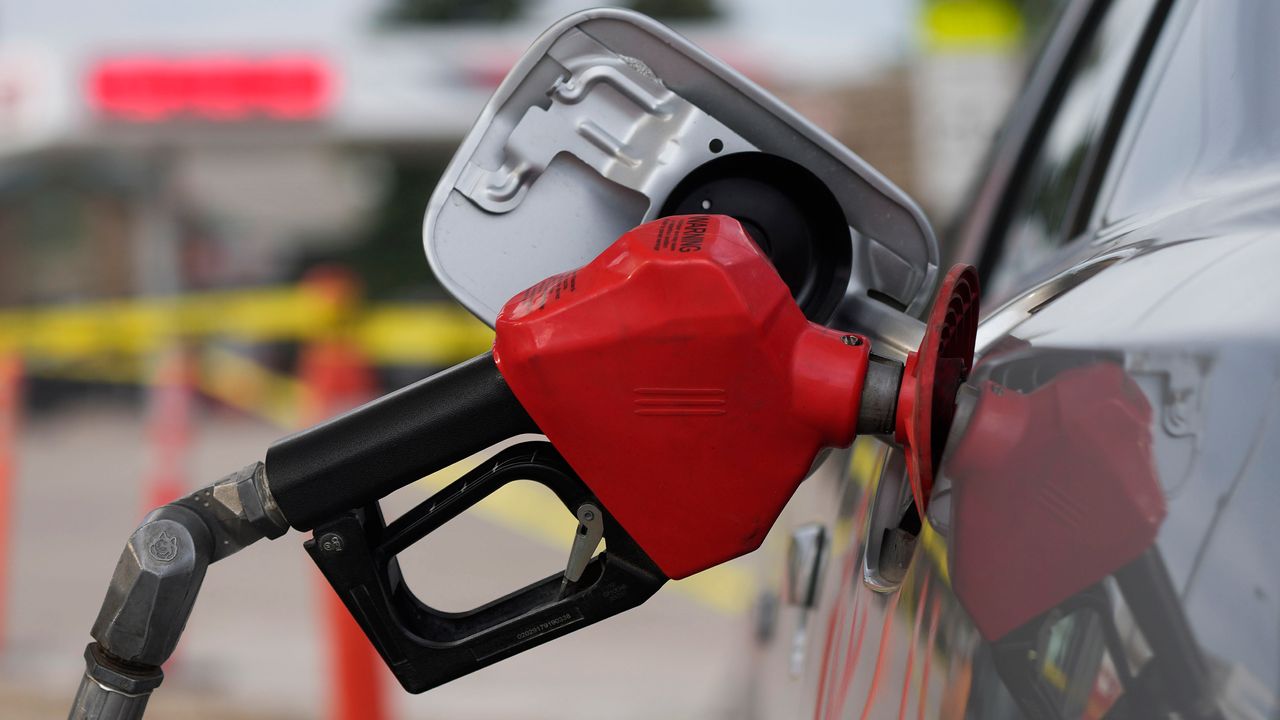So many oil marketers are becoming impatient, as they prepare for independent petrol importation to keep the supply of petrol market running, as the outcome of negotiations between NNPCL and Dangote Refinery yet to yield a positive result,
Earlier last week Aliko Dangote made it public that his new Refinery will commence the distribution of petrol in an attempt to solve the ongoing scarcity within the country. But that vision is yet to be actualized with negotiations still taking place which has left marketers with an option of importing.
Independent oil marketers are considering petrol imports to maintain steady fuel distribution. The extended negotiations between the two parties have raised concerns about a potential shortfall in the supply of Premium Motor Spirit (PMS), prompting marketers to take proactive steps leaving the two parties behind.
Insight On Petrol Price Negotiation
The NNPCL and Dangote Refinery, the major key player in Nigeria’s oil sector, have been negotiating over the pricing and supply mechanisms of petrol since the refinery began production. However, the prolonged nature of these negotiations has left marketers uncertain about the future availability of petrol, in this face where the price of oil keeps fluctuating.

Dangote Refinery, with a producing capacity of 650,000 barrels per day, will help reduce the rate at which Nigeria significantly relies on petrol that is being imported.
Yet, the prolonged deliberations on supply agreements have caused actors in the industry to raise alarm over possible disruptions to the domestic fuel market. With petrol consumption rates remaining robust in Nigeria, marketers are now contemplating the possibility of bringing in fuel on a distributive basis in order to minimize potential shortages and to allow for a continuous supply across the country.
Implications for the Nigerian market
The act of planning for petrol imports on the part of resistors could result in relatively significant occurrences in Nigeria’s energy markets. Firstly, it again highlights the underlying vulnerabilities to the fuel concentrate chain within Nigeria, even with local refining possibilities envisaged by the Dangote refinery.
Secondly, if independent imports become a mainstay, fuel prices for consumers will rise, particularly if global crude prices continue to rise.
NNPCL has stated that discussions with Dangote Refinery on the seep campaign have advanced but the ambiguity is making everyone anxious in the meantime. The fact that no timeline has been given regarding what time and from where the refinery will fully supply our domestic need means marketers had no option but to expand amendments should their routinely relied on supply be compromised.
Contemplating the idea of independent imports demonstrates the continued complications facing Nigeria’s oil industry as Nigeria continues her journey to eliminate imports. Perhaps, how the NNPCL- Dangote turns out will have a significant impact on how her landscape will look. Marketers are however preparing for all scenarios will ensure that disruptions to supply will be mitigated in the coming months.















